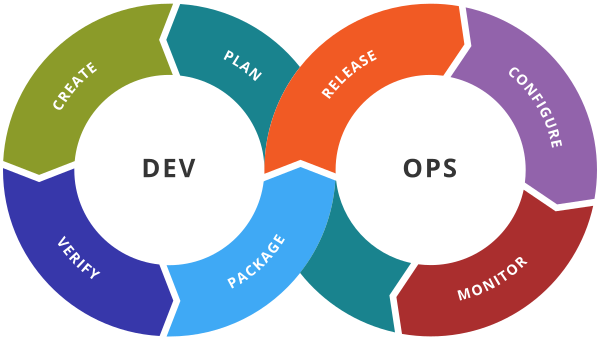DevSecOps is an approach to software development that integrates security into the DevOps process. The goal of DevSecOps is to create a culture of security within the development process, rather than treating security as an afterthought. By integrating security into the development process from the beginning, organizations can reduce the risk of security vulnerabilities and better protect their applications and data.
The DevSecOps Approach
The DevSecOps approach involves three core principles:
- Automation: Automating security tasks, such as vulnerability scanning and compliance checks, can help ensure that security is integrated into the development process from the beginning. This allows teams to catch security vulnerabilities early in the development process and fix them before they become more significant problems.
- Collaboration: Collaboration between development, operations, and security teams is essential in a DevSecOps environment. By working together, teams can identify potential security risks and develop solutions that meet both security and business needs.
- Culture: Creating a culture of security is essential to the success of DevSecOps. This involves educating teams on the importance of security and providing them with the tools and resources they need to integrate security into their daily work.
Benefits of DevSecOps
DevSecOps offers several benefits to organizations, including:
- Reduced risk: By integrating security into the development process from the beginning, organizations can reduce the risk of security vulnerabilities and better protect their applications and data.
- Faster time-to-market: By automating security tasks and integrating security into the development process, organizations can speed up the development process and get their products to market faster.
- Better collaboration: By bringing together development, operations, and security teams, organizations can improve collaboration and communication, leading to better outcomes.
- Improved compliance: By automating compliance checks and integrating compliance into the development process, organizations can ensure that their products meet regulatory requirements.
Challenges of DevSecOps
While DevSecOps offers many benefits, there are also some challenges to implementing this approach, including:
- Resistance to change: Implementing DevSecOps requires a significant cultural shift within organizations, which can be challenging to achieve.
- Lack of expertise: Many organizations may not have the expertise needed to implement DevSecOps, leading to a skills gap that must be addressed.
- Integration challenges: Integrating security into the development process can be challenging, especially if organizations are using legacy systems or tools.
Conclusion
DevSecOps is an essential approach to software development in today’s environment, where cybersecurity threats are constantly evolving. By integrating security into the development process from the beginning, organizations can reduce the risk of security vulnerabilities and better protect their applications and data. However, implementing DevSecOps requires a significant cultural shift and expertise in both security and DevOps, so organizations must be prepared to invest in the necessary resources to make this approach work.

